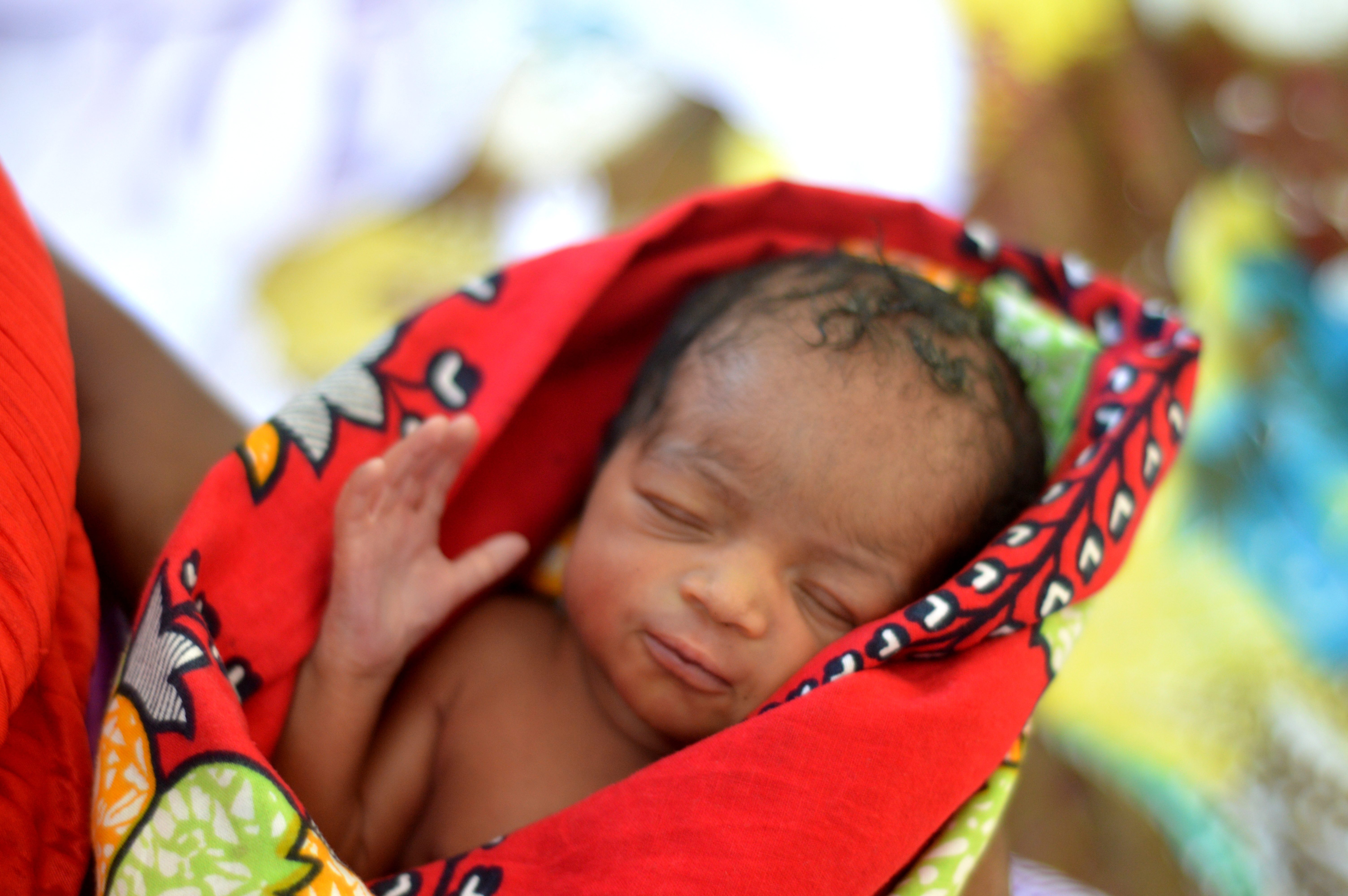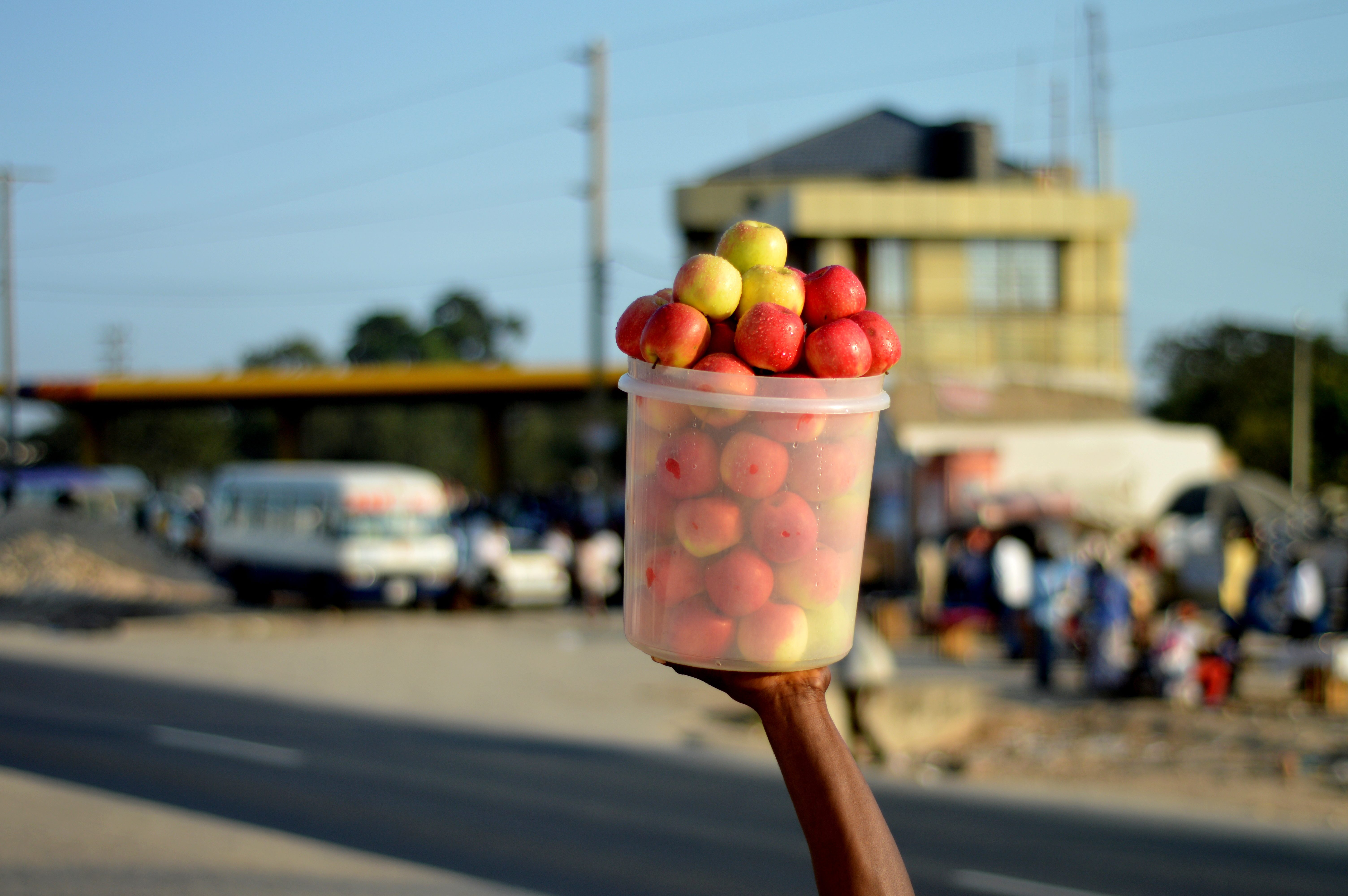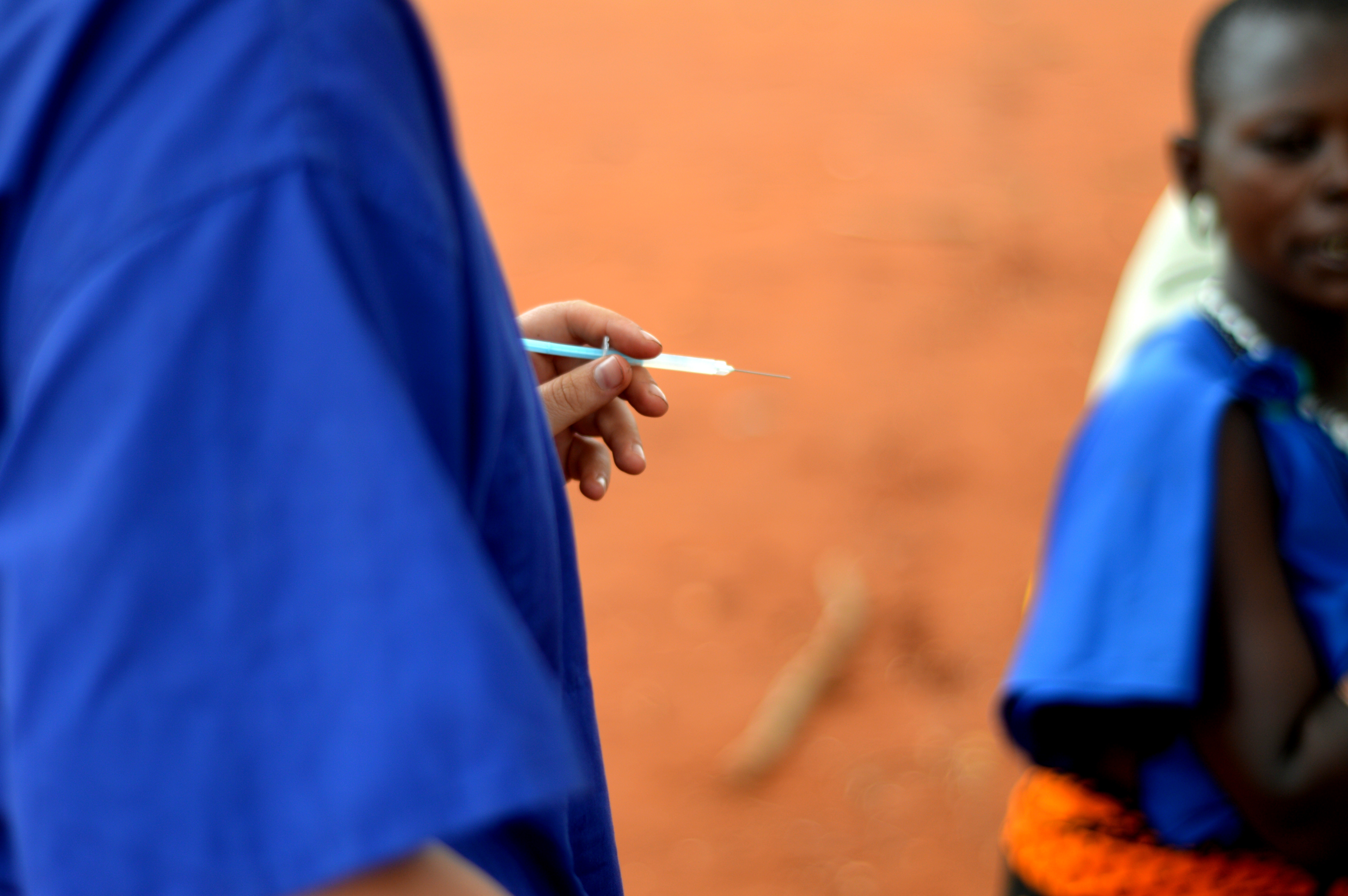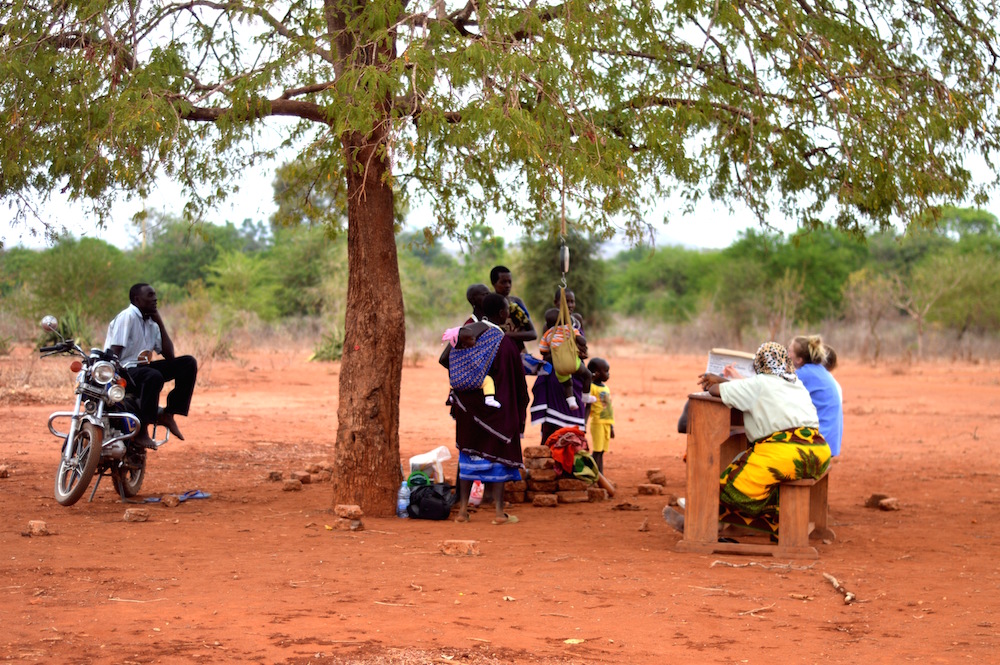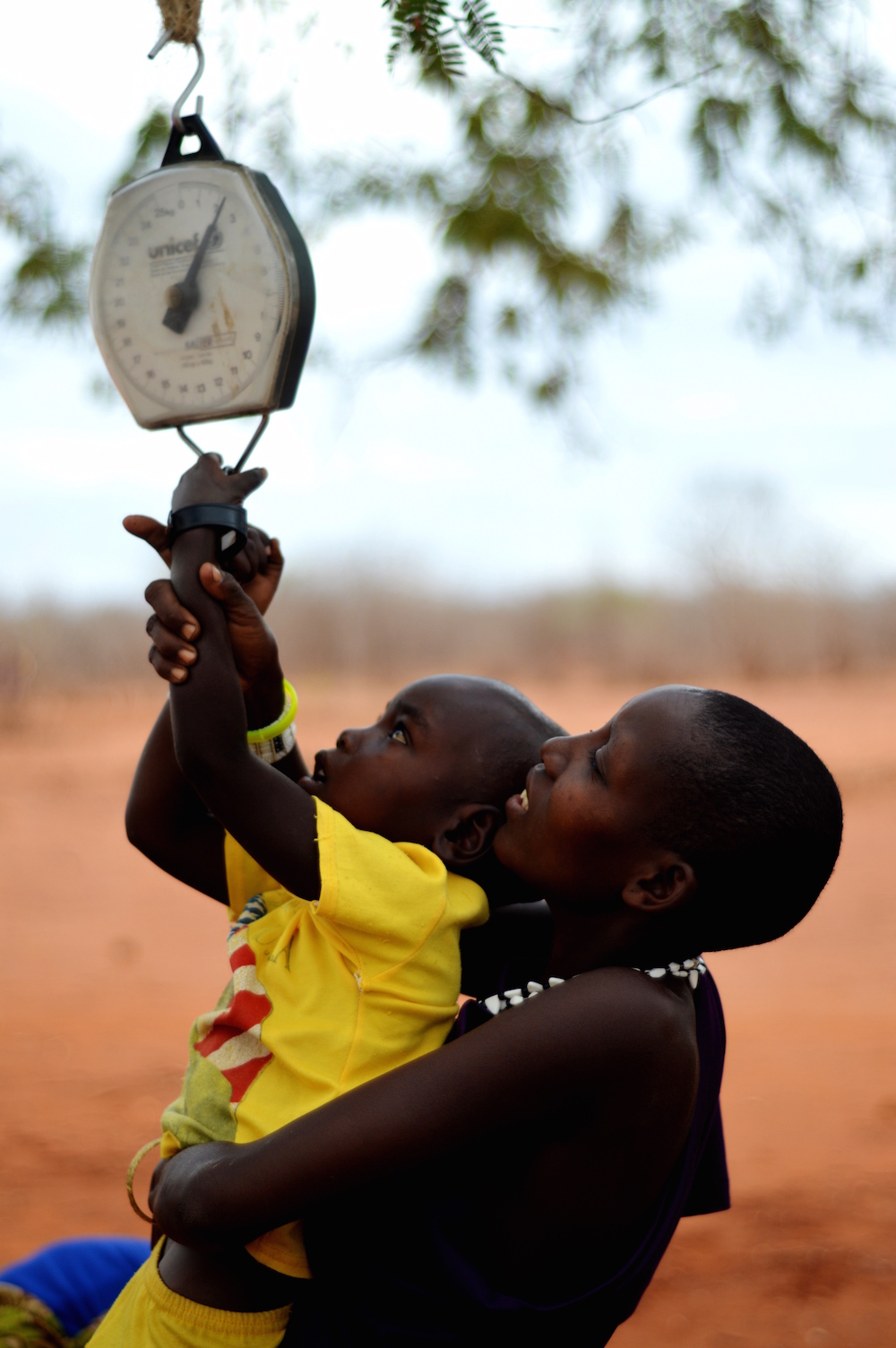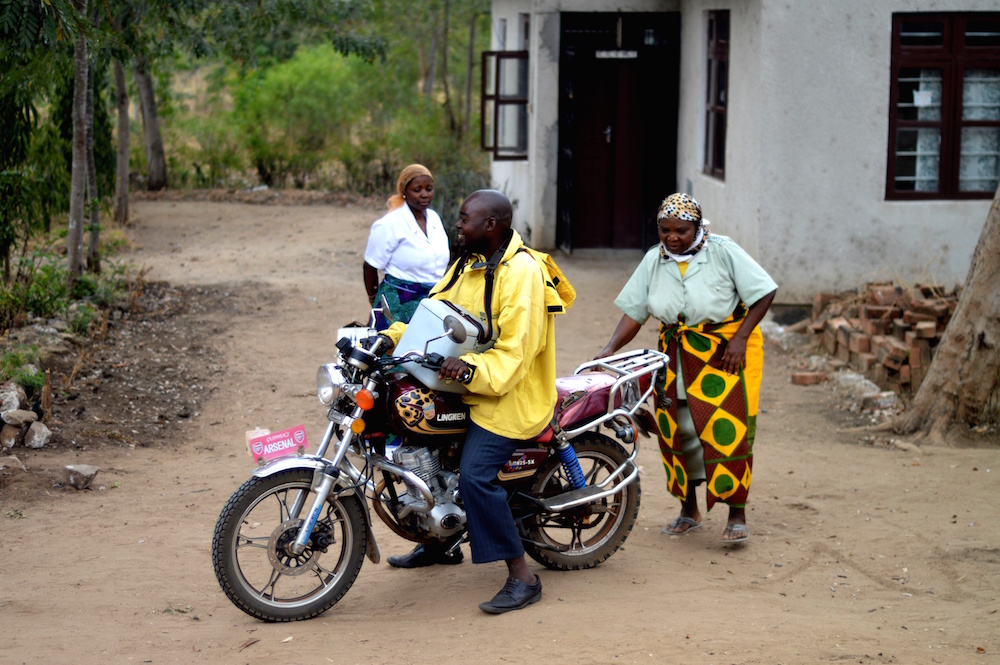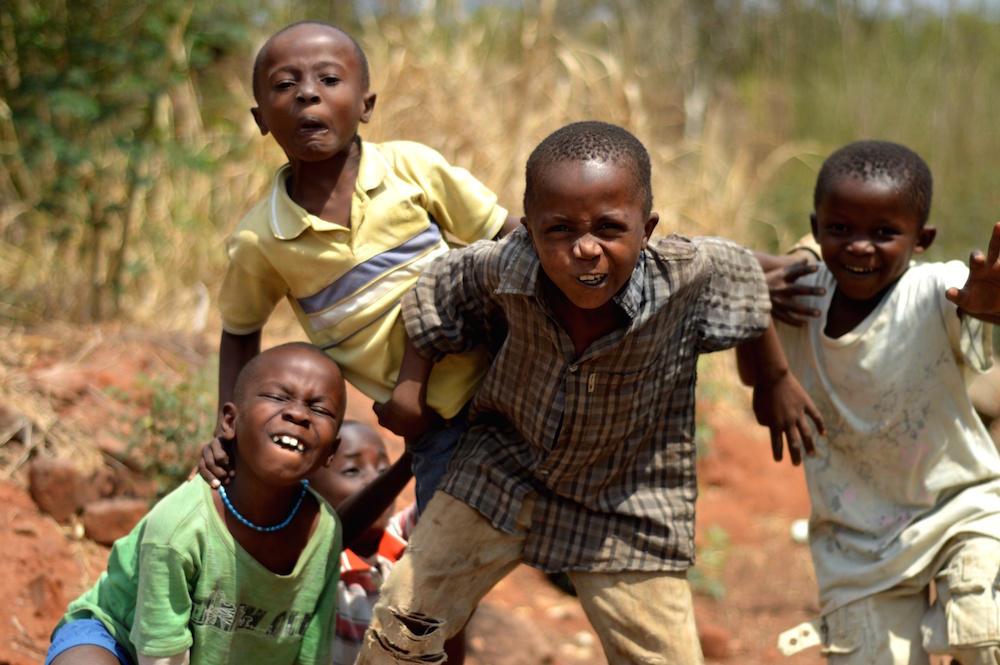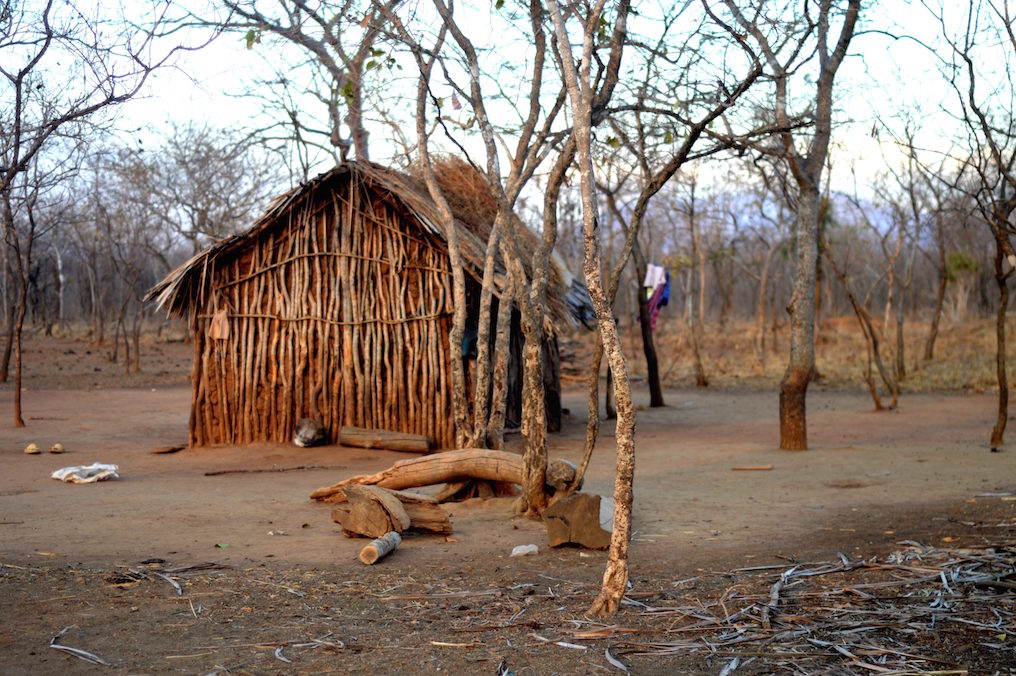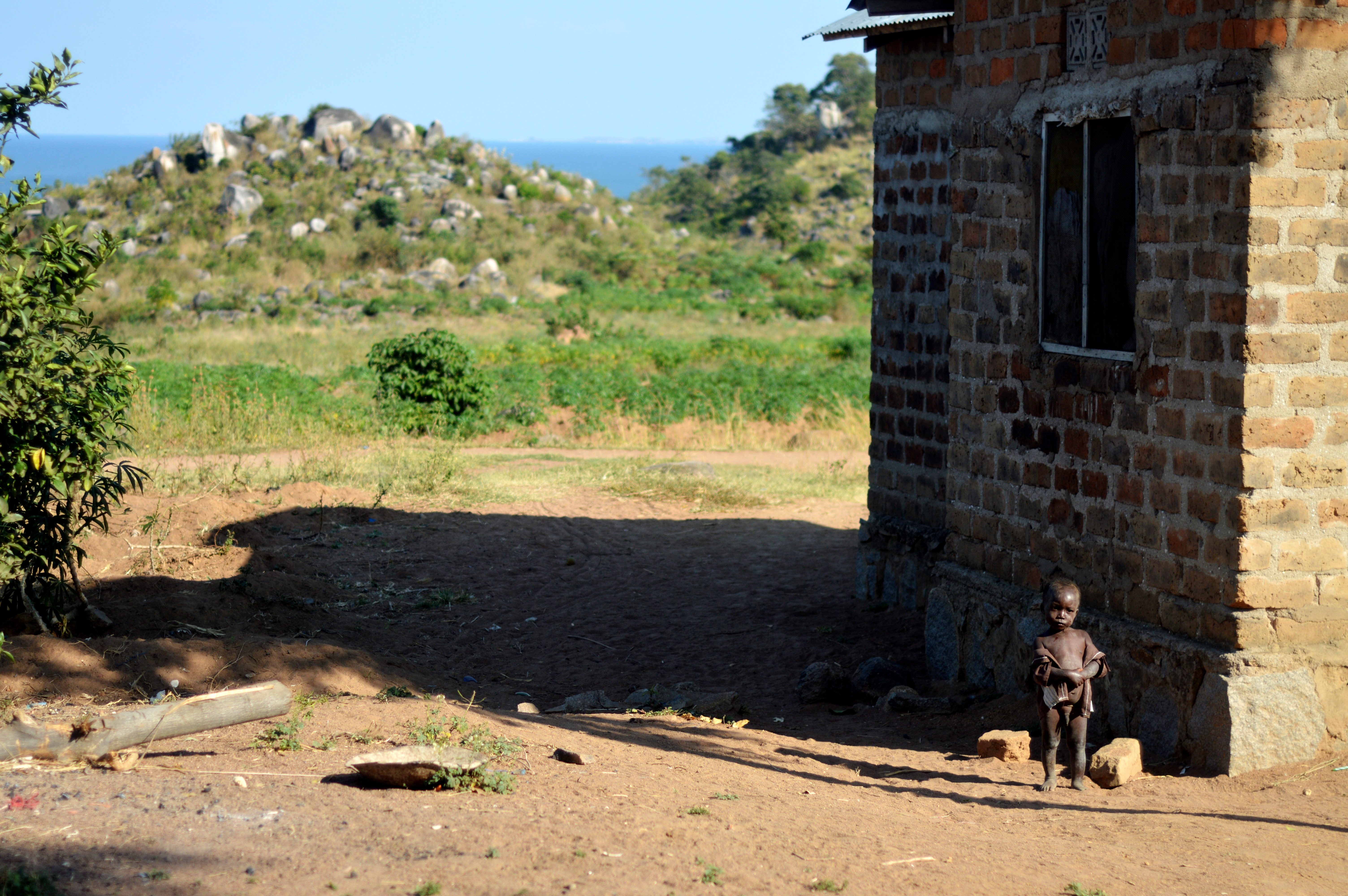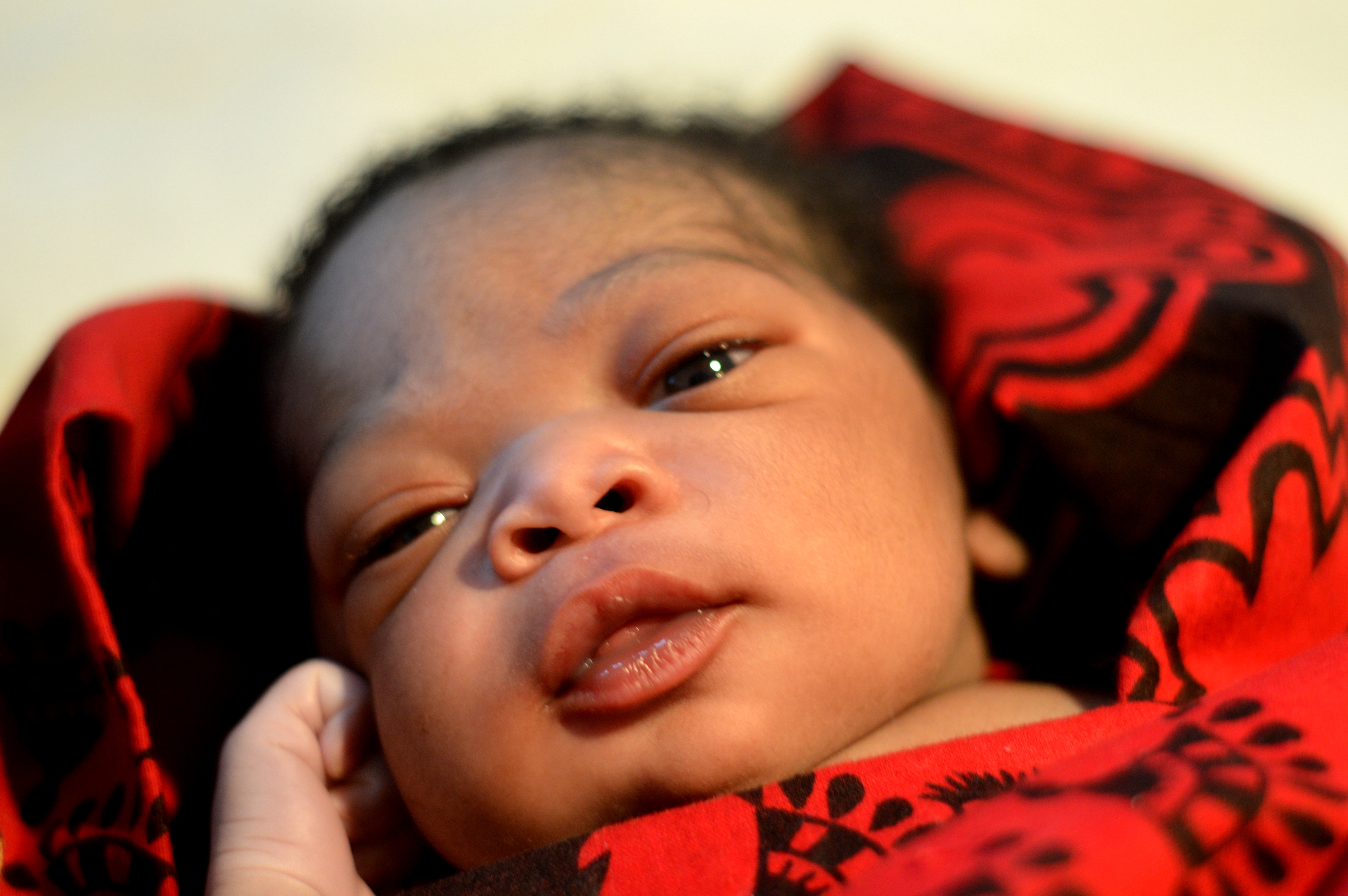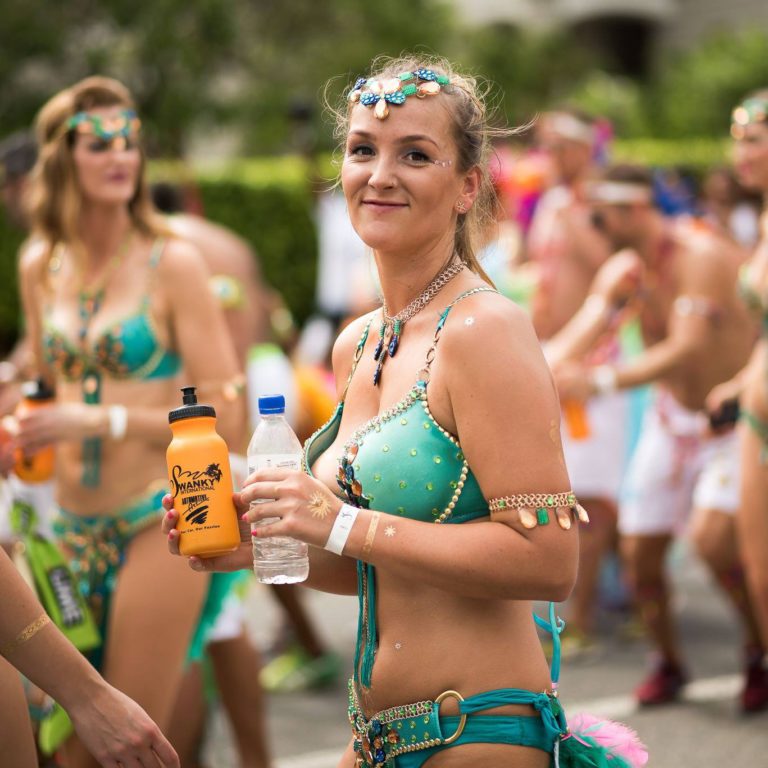 Jessie is a 24-year-old small flightless bird (kiwi) who hails from Central Otago in the deep south of New Zealand. Brought up in a family where living abroad and travelling was an expectation rather than an option, the atlas soon became a favourite bedtime story. As a child she would flick through her parent’s photo albums, favouring the images of the lemon yellow combo they drove through Africa, and could hardly wait to start her own adventures when the time was right.
Jessie is a 24-year-old small flightless bird (kiwi) who hails from Central Otago in the deep south of New Zealand. Brought up in a family where living abroad and travelling was an expectation rather than an option, the atlas soon became a favourite bedtime story. As a child she would flick through her parent’s photo albums, favouring the images of the lemon yellow combo they drove through Africa, and could hardly wait to start her own adventures when the time was right.
A couple of years ago she impulsively booked a one-way ticket to the Cayman Islands after a drunken night out, having grown tired of the rain and having numb toes at night. Thumbing it in Cayman ultimately led to being picked up by one of the hospital owners family members, who organised an interview, and a few days later – a job. Living in this part of the globe opened up some epic trips to Jamaica, Cuba, and Central America, all a short flight away.
Fast forward two years of working in a small 12-bed hospital in the tropics and Jessie is writing this from Medellin, Colombia, a stop on her 7 month frolic through South America.
Tanzania, Africa
Four years ago, as my nursing training was coming to a close, sick of books and libraries, I was plagued by a severe case of travel itch and decided to go and volunteer within healthcare in Tanzania for a few months.
Moving around different areas, I began in a ward where the majority of patients had end-stage aids. They lay in their beds, bones covered by skin, expressionless, eyes glazed over, corps already. The only movement – the rise and fall of their wicker basket chests. Heartbroken and helpless I couldn’t stay here long, as I truly felt out of my depth with making any positive changes. The nurses were abusive and cold, and the infection control scared the bejesus out of me. I soon moved to Obstetrics.
Obs and Gyne is beautiful mayhem. Rooms of heavily pregnant women, new mothers and babies, all draped in vibrant coloured kangas. Lack of space means sometimes the single beds were shared between three. The narrow hallway is for the mothers who are moments from popping. With no seats they sit or kneel on the ground, their faces grimacing, crying, waiting.
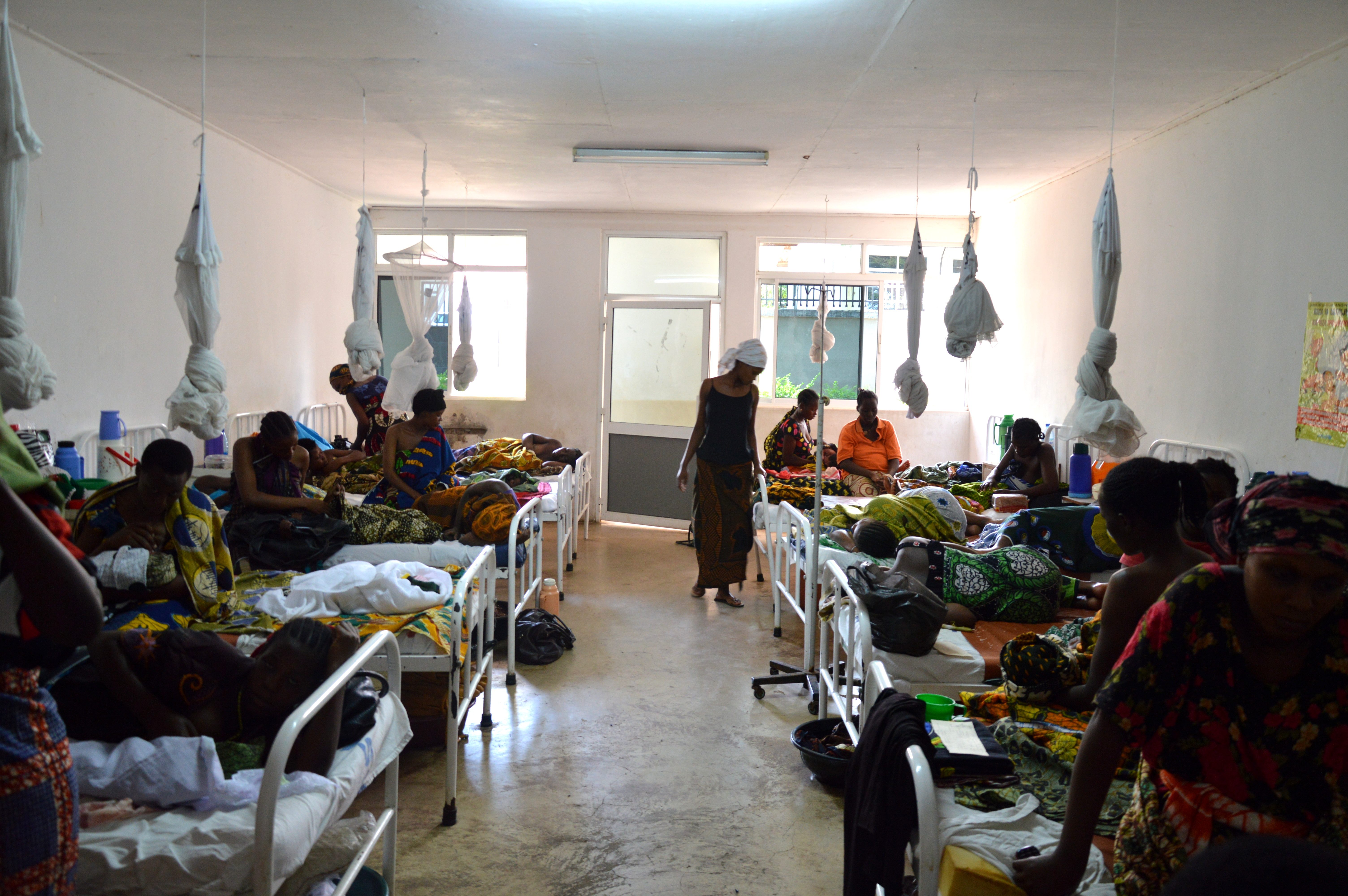
When asked on day one of my experience with deliveries, I mentioned “I’m from a farm, I’ve pulled out plenty of calves and lambs!” Seeing this as adequate training, they turned me loose into the labour room. Catching babies was a fairly surreal experience and a privilege. After delivery, the newborn is assessed and wrapped in the mothers chosen kanga, while she waddles back to the post natal room. A nurse then carries the newly wrapped burrito into the room and holds in up just like Rafiki did with Simba, and the new mother signifies the baby is hers. I often contemplated this form of identification more than likely led to several cases of swap-a-roo….
Unfortunately, a few suspected cases of Ebola began popping up around the hospital, coming via ships coming from Uganda across Lake Victoria. I was advised to depart to the coast, all the local staff would have done the same if they could. Although sad to leave I found comfort in the fact my organs were probably not going to turn into soup anytime soon!
Dar es Salaam is a bustling city at nearly five million. The traffic is outrageous, with overloaded psychedelic Dala Dalas, pushbikes with huge baskets of live chickens, coal, and sugarcane strapped to the back, tuk-tuks, motorbikes, and those on foot carrying heavy buckets on their heads and placed babies on their backs. Road rules don’t exist and horns are overused. The smells and sights are forever etched into the brain. Here I worked in an overcrowded emergency room where machete attacks, bus crashes, and failed CPR regrettably were a common occurrence.
In desperate need of fresh air outside the city, I frolicked to a nearby village and spent my time riding a motorbike through the bush with some local nurses to remote Maasai areas, with boxes of vaccinations strapped to the back. Somehow the Maasai women all knew to meet at a given tree, where we could set up scales, assess their children and give them appropriate jabs. It was so beautifully simple.
Heading home was tough after seeing so much death and poverty, adjusting back into my friend group was challenging, and the post-trip blues really sunk in, hard.
Paramount, the experience taught me resourcefulness and resilience by being dropped in the absolute deep end. I missed the unpredictability of each day, life soon became mundane. That’s why we all travel, isn’t it? We crave change, daily difference, and refreshing experiences. My mother once told me that Africa will always stay a part of your soul, and she is absolutely right.
www.wallflower-diaries.com
